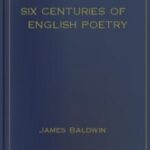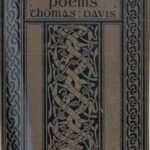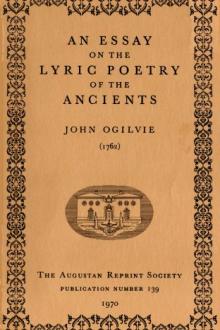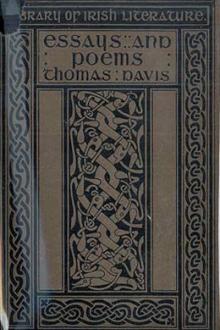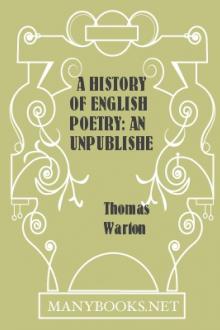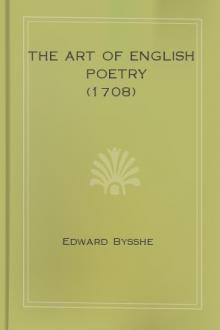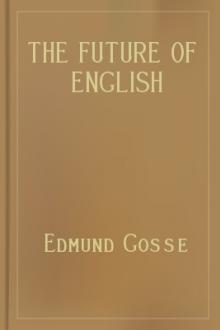An Essay on the Lyric Poetry of the Ancients
₨ 1,000
e surprised by any number of minor eighteenth-century critics who are unabashedly interested in similar values. Ogilvie’s position very much resembles Thomas Twining’s view that the “description of passions and emotions by their sensible effects … [is what] principally deserves the name of imitative.”[6]
In accord with the psychological bias informing his essay, Ogilvie tends to reduce the importance of narrative events in favor of vivid and picturesque descriptions, for the latter most immediately communicate themselves to the reader and most expressly realize the translation from thought to feeling. Once again it is the uniqueness of rendering that he has in mind, the innovative cast of the poet’s mind which transforms the familiar and by so doing gives it a newly affective power. It is important to recognize that Ogilvie shares with his contemporaries a more limited sense of the varieties of subject-matter than we are likely to grant. But as this is so for him, and as indeed this condition is a fu
